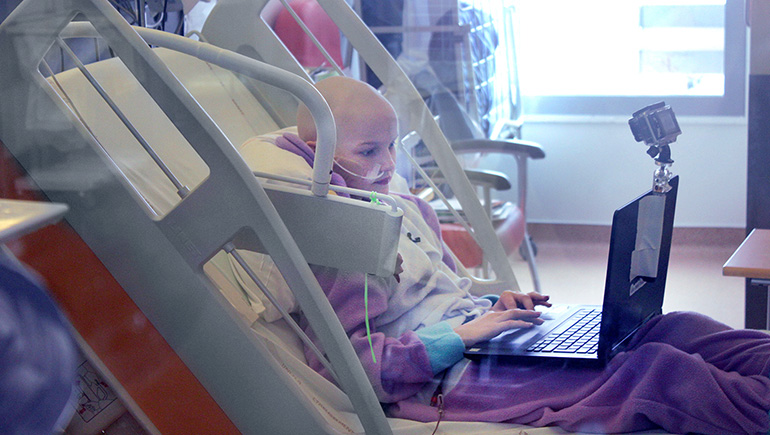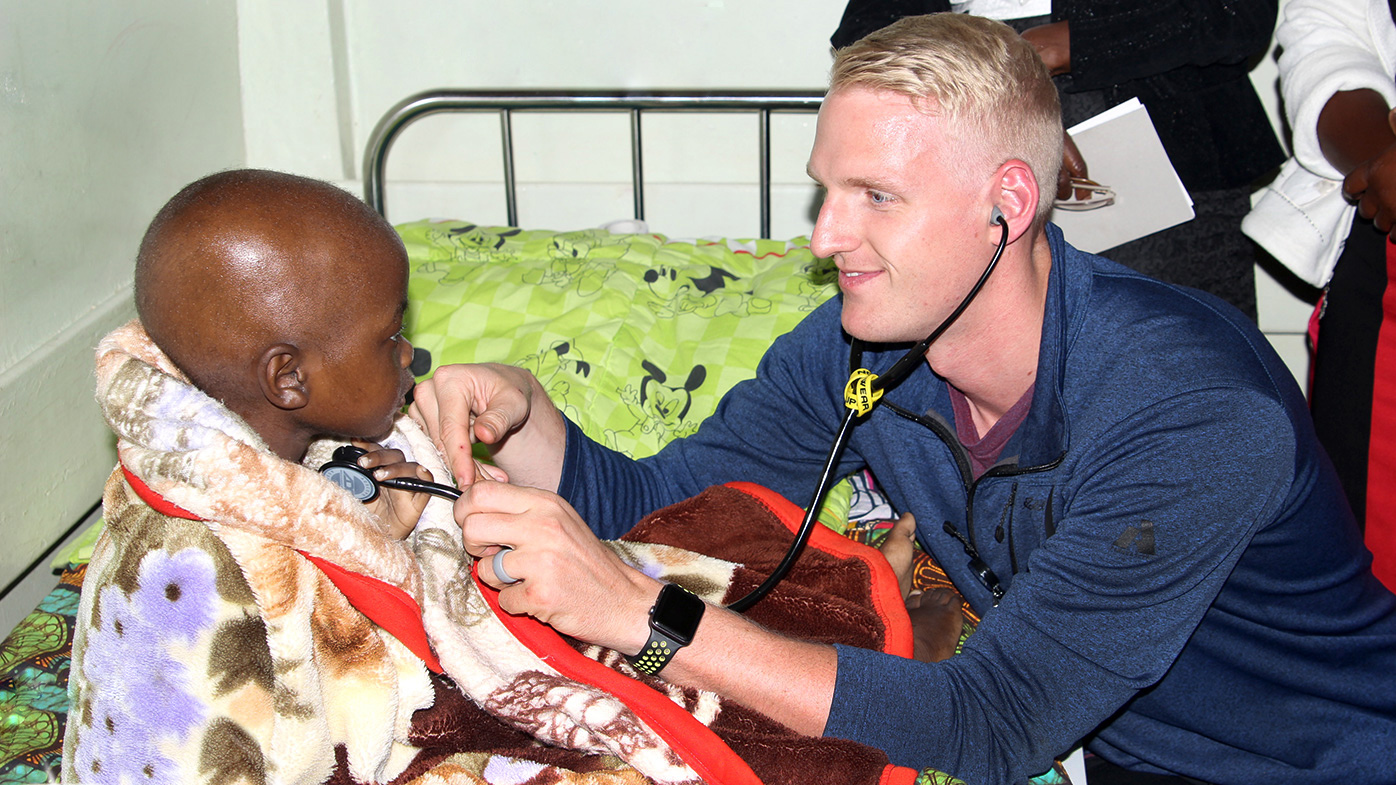There is good news in the field of pediatric oncology. More children than ever are beating cancer. Because of major treatment advances in recent decades, more than 80 percent of children with cancer now survive five years or more, according to the American Cancer Society.
Tiffany, for example, is 21 now and works a full-time job. She enjoys the outdoors, travels and camps with her friends every chance she gets. Yet this makes her part of the growing army of childhood cancer survivors who may carry battle scars well into adulthood.
That’s why tackling the side effects through science and support programs is more important than ever. Because once they are cured, up to 95 percent of childhood cancer survivors could suffer health-related issues by the time they are 45 years old. These issues are either side effects of the cancer or could also be the result of its treatment.
The biggest challenge, said Vickie Buenger, president of the patient advocacy organization Coalition Against Childhood Cancer (CAC2), remains living with the effects of some treatments. These could include secondary malignancies and long-term failures of the heart, lungs, thyroid, hearing, bones, vision or reproductive organs.
The promise of less toxic, precision medicine personalized to the patient has never looked more important than when viewed through the pediatric lens.
“We don't know the long-term health effects of precision medicine options, but we have hope that they will be more benign than some of the traditional regimens,” Buenger adds.


